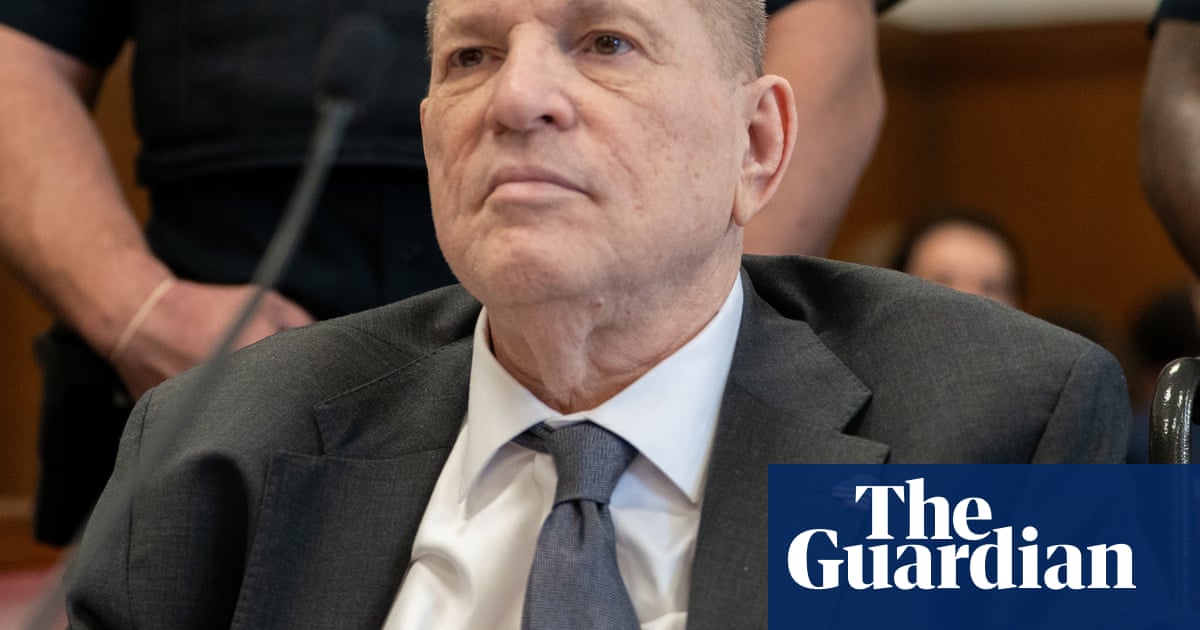The movie mogulHarvey Weinsteinhas been found guilty on one charge of committing a criminal sexual act by a Manhattan jury, concluding a three-week trial that revived accusations from a successful 2020 prosecution that was overturned on appeal.
Weinstein was found guilty of sexually assaulting Miriam Haley, but was acquitted of a second charge of sexually assaulting Kaja Sokola.
The jury did not reach a unanimous verdict on a charge involving Jessica Mann, who alleges that Weinstein raped her.
The verdict delivered against Weinstein follows two earlier convictions on similar charges, one of which was overturned on appeal. In the first, now-vacated New York case, Weinstein was sentenced to 23 years in prison. A second conviction, in California, resulted in a 16-year sentence.
The case was seen as a test of the legacy of the#MeToo movementthat faded from the spotlight as other, comporting social justice and political movements – including racial justice – took center stage.
Weinstein did not testify in his defense at trial, which he has attended in a wheelchair from custody in a Manhattan hospital where he was being treated for leukemia. As in the previous trials, he denied the allegations, saying he believed the interactions with his accusers were consensual.
In the now-concluded case, Weinstein was accused of raping Mann, an actor and hairstylist, in 2013; as well as forcing oral sex on Haley, a production assistant and producer, and Sokola, an aspiring actress, both in 2006.All three women testified during the retrial, giving emotional and graphic accounts of their ordeals. Prosecutors contended that Weinstein had used his power in the industry to lure the women with promises of career advancement but had later turned on them sexually, with force, against their consent.
Weinstein’s attorneys argued in court that any physical interaction between their client and his accusers was consensual – and offered evidence that the three women had continued friendly relationships with Weinstein after the charged offences occurred.
Weinstein’s lawyer, Arthur Aidala, said the Oscar-winning producer and his accusers had a “mutually beneficial” relationship – and they ended up with auditions as well as other show business opportunities.
The defense offered testimony from friends of Sokola and Mann who indicated that neither had offered contemporaneous accounts of being assaulted by the defendant and had not said anything was amiss.
Mann testified that she never told anyone at the time that Weinstein had sexually assaulted her because she didn’t think she’d be believed, and she was scared about how he might react.
